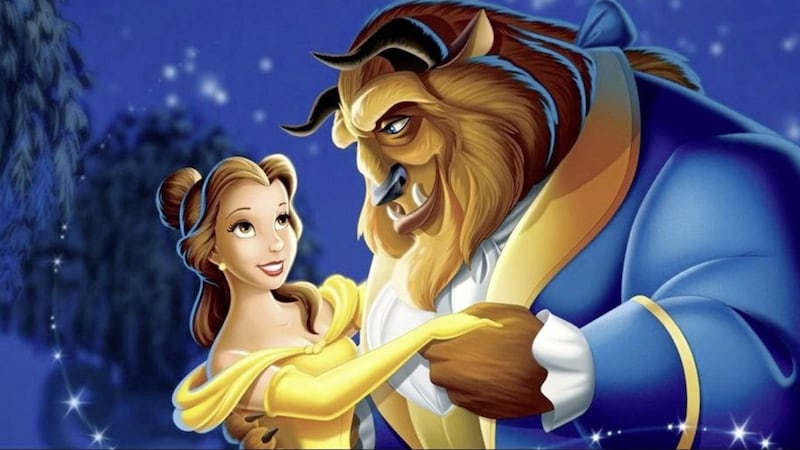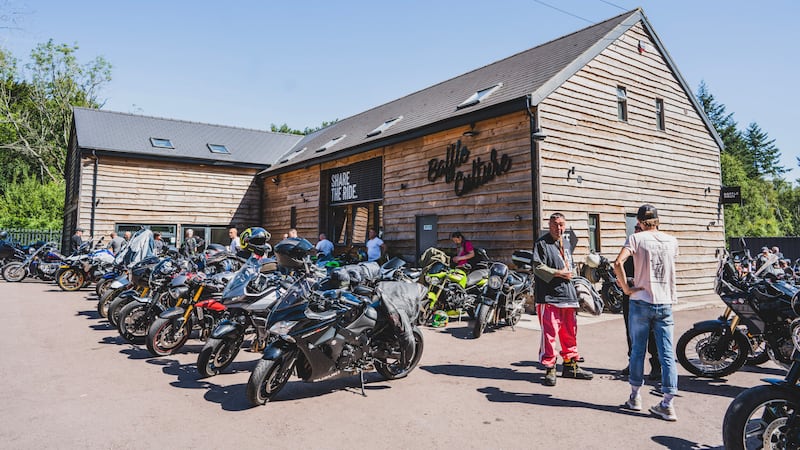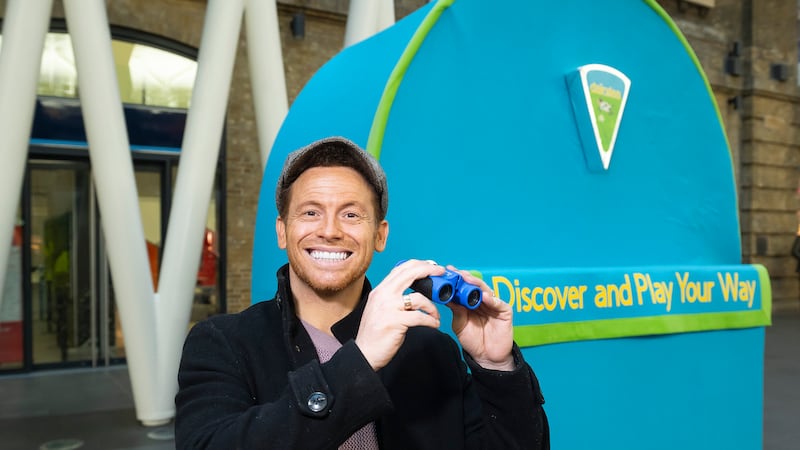PIRATES of the Caribbean star Keira Knightley has banned her three-year-old daughter from watching some Disney films over her fears about the message they project.
Little Edie Knightley Righton is barred from viewing Cinderella or The Little Mermaid. Knightley told Ellen DeGeneres she wasn’t happy with her little girl watching Cinderella waiting around for "a rich guy to rescue her" and the Little Mermaid "giving up her voice for a man".
I wholeheartedly agree with her. For years, the general Disney message has been that princesses need a prince charming to rescue them. They can’t do anything for themselves. They can be victimised, kept captive in towers and castles, and that kisses solve everything.
It’s not Disney’s fault, really. All their princesses were born from fairytales of olde, many of them are not of their own creation. In fact Disney in adaptations try to tone down a lot of the misogyny which was acceptable in the era in which many of those fairytales were fashioned.
Take Beauty and the Beast. In the original, the female was just called ‘Beauty’, she didn’t even have an actual name. Disney called her Belle in their adaptation. Still though, the beast keeps her prisoner, she falls in love with him and transforms him from a monster into a man. That is not a healthy message, whatever way you dress it up with princess dresses and catchy sing-along songs.
Then we have Ariel, the Little Mermaid, who can only become human if a man falls in love with and marries her. She gives away her voice for a man and dances for him even though it is agonising.
We have Snow White who runs away, becomes a cleaner for seven small men, takes a gift from a dodgy-looking stranger which leaves her close to death. Then we have a man who kisses her passionately while she is in a coma and can’t therefore object, and brings her back to life.
And we have Cinderella, a victimised, unpaid, badly treated servant. She pretends to be someone she’s not to make a man fall in love with her. Said man of royal lineage then marries her and saves her from a life of servitude. Job done.
In one way these princesses can’t be blamed for their passiveness. They were a reflection of society of the time, one where men were thought superior in every way.
Disney princesses are always young, beautiful and impossibly thin. Older women in Disney films generally do not come across too well. They are usually wicked and/or witches. And step-mothers are the pits, God bless them.
These princesses definitely send the wrong message to our children, particularly our girls. They tell us that women need to be overly needy when it comes to men. They need to be stick thin and have an unrealistic body shape. They are perpetually looking for Mr Right or Prince Charming, can’t lead a fulfilling life without him and love playing the damsel in distress.
They promote damaging stereotypes of women as humans to imprison, enslave as maids, abuse and treat as sexual objects incapable of free thought. They promote dangerous relationships with men: Beast from Beauty and the Beast was called a Beast for a reason. Love made him a man. Sometimes no amount of love can change a monster.
Disney princesses also hold conversations with animals, are of a mind that kisses solve everything and are far too reliant on magic.
Disney has, quite rightly, fashioned a new princess, a new story, to reflect our modern times.
Princess Anna from Frozen sees through her Prince Charming, Hans, who turns out to be a cad, and instead falls in love with a good-natured commoner. Not perfect, but we’re getting there.
Merida from Brave has no love interest at all and is a kick-ass Scottish warrior. Moana is a strong-willed Polynesian Princess who saves her island, her people and becomes the big chief.
Keira Knightley may well have banned some Disney films from her house, but I think we can all exercise a degree of common sense in all of this. These are films and this is real life.
As long as they get a sense of what real life women are actually like, I think they’ll be fine. My daughter is thankfully surrounded by strong, independent females who have a voice and healthy relationships with the men in their lives.
I want my daughter to grow up confident, self-assured, aware of her own voice and possessing the courage to use it, not reliant on a man – or anyone, for that matter – unafraid, loved and knowing that she can be her own hero.








